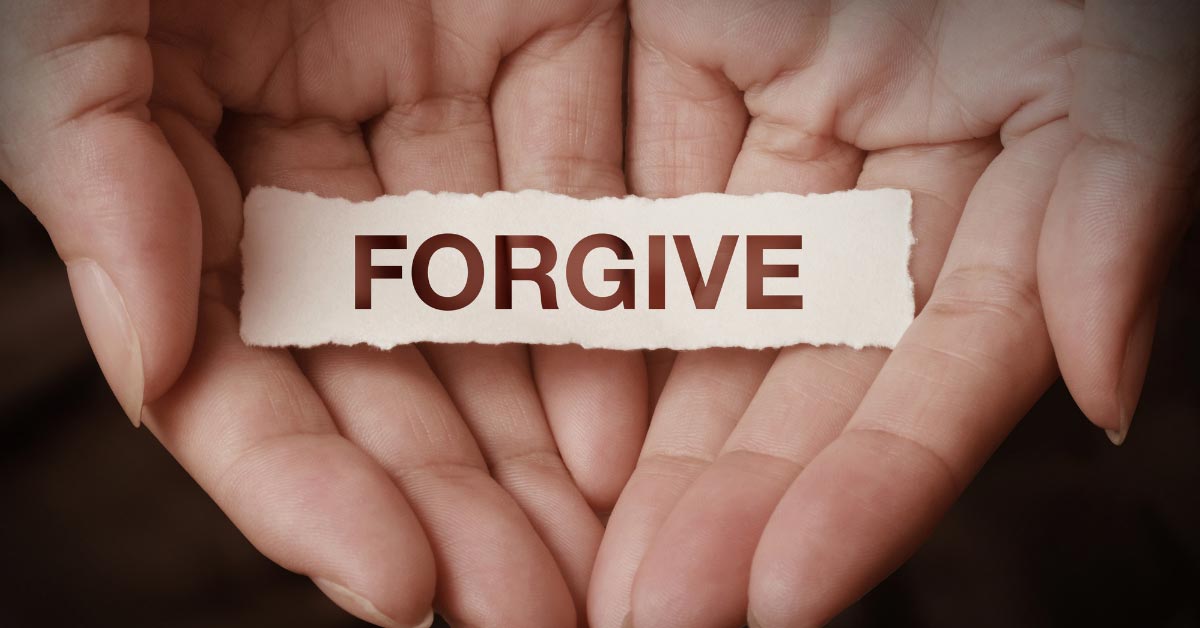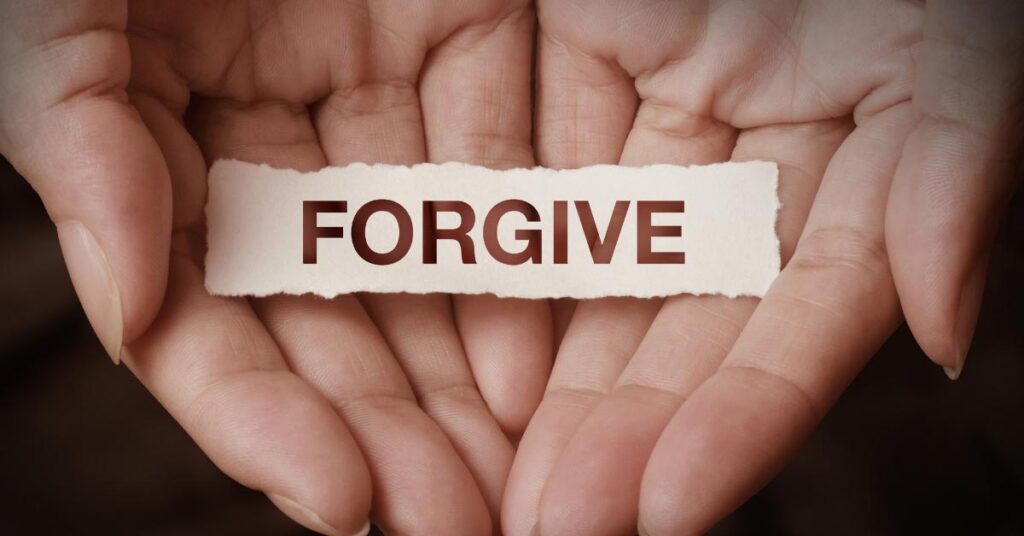Learnign to Forgive While in Recovery
Forgiving a loved one for the harm they did to you in active addiction is difficult and often requires support groups and supplemental therapy.
Forgiving someone for the harm done is difficult. It often requires years of in-depth therapy to overcome serious emotional damage done by someone else. People in recovery are often victims of abuse, neglect, and trauma, so they become addicted to drugs or alcohol. Letting go of past pain is how people in recovery move on and cope as clean and sober people. Forgiveness is a much-needed experience for attaining long-term recovery that is rewarding.
Forgiving a person who has wronged you is never easy, but dwelling on those events and reliving them over and over can fill your mind with negative thoughts and suppressed anger. (Harvard Health Publishing)

The Meaning of Forgiveness In Recovery
Generally speaking, forgiveness for someone in recovery is more complex than people realize, especially when the harm was committed during childhood or as a young adult. Moreover, the experience is often what leads to drug and alcohol use. Addiction is caused by past abuse and trauma and other influencers. Therefore, forgiving the person who hurt the recovering addict will be complex and requires professional therapy and counseling.
Many addicts also struggle with forgiving the abuser or the situation as it is embedded into their character. When asked to address it, many will experience anger, shame, regret, and fear. Someone who is in recovery can suffer very severely from holding onto past hurts that form current resentments. This person needs help forgiving the abuser or situation from an expert therapist.
Why Is Anger A Problem for People in Recovery?
As long as a person is angry, they are at risk for relapse. Remaining emotionally injured is a trigger. It will drive someone to find a way to self-medicate to forget or feel better. When someone cannot let go and forgive the person or people who hurt them, inevitably, this individual will suffer and harbor resentment. In recovery, the discussion on resentments is significant.
Resentments are a subtle but powerful form of anger and will push someone towards seeking drugs and alcohol for relief. Therefore, forgiveness plays a vital role in the recovery process. Anger is not good for anyone, but it is most often the cause of relapse for people in recovery from substance use disorders (addiction).
How Do Therapists Help With Forgivness?
When a recovering addict or alcoholic receives emotional therapy on how to forgive someone, they will begin counseling and slowly work through the experience during one-on-one sessions over time. Many people require a year or more of in-depth therapy before starting to forgive the person who hurt them. Therapy will provide the following:
- Identification of what happened and by whom
- The emotions it instigates
- Where the pain turns into anger
- Learning how to forgive the abuser(s)
- Accepting healthy ways to overcome the offense emotionally, mentally, and physically (if relevant)
How Do Psychiatric Therapists Explain Forgiveness?
There is a type of therapy that targets forgiveness known as forgiveness therapy. The researchers at the National Institutes of Health describe forgiveness and its treatment.
Research on forgiveness suggests that forgiveness is an emotion-focused coping process important for clinical settings as it can promote physical and mental health. A study with substance-dependent patients revealed that forgiveness therapy decreased anger, anxiety, and depression. When comparing forgiveness therapy to alternative therapy, emotionally abused people experienced greater improvement in their depression, trait anxiety, and post-traumatic stress symptoms in the forgiveness therapy group. (NIH)
Emotional Therapy on Forgiveness is Offered at Evoke Waltham
Recovering addicts and alcoholics require professional support and therapy to help them identify their past hurts and how they led them to drug and alcohol abuse. We offer targeted therapy that helps our patients forgive and let go. Holding onto pain only makes addiction recovery harder.
We personalized one-on-one therapy to each patient while receiving in-depth treatment tailored to their history of drug and alcohol use. Finally, there is a method to healing and forgiving. Let us take you through it to attain peace of mind and strong recovery. Call now for an immediate conversation on our evidence-based treatment programs.


